Dry Eyes
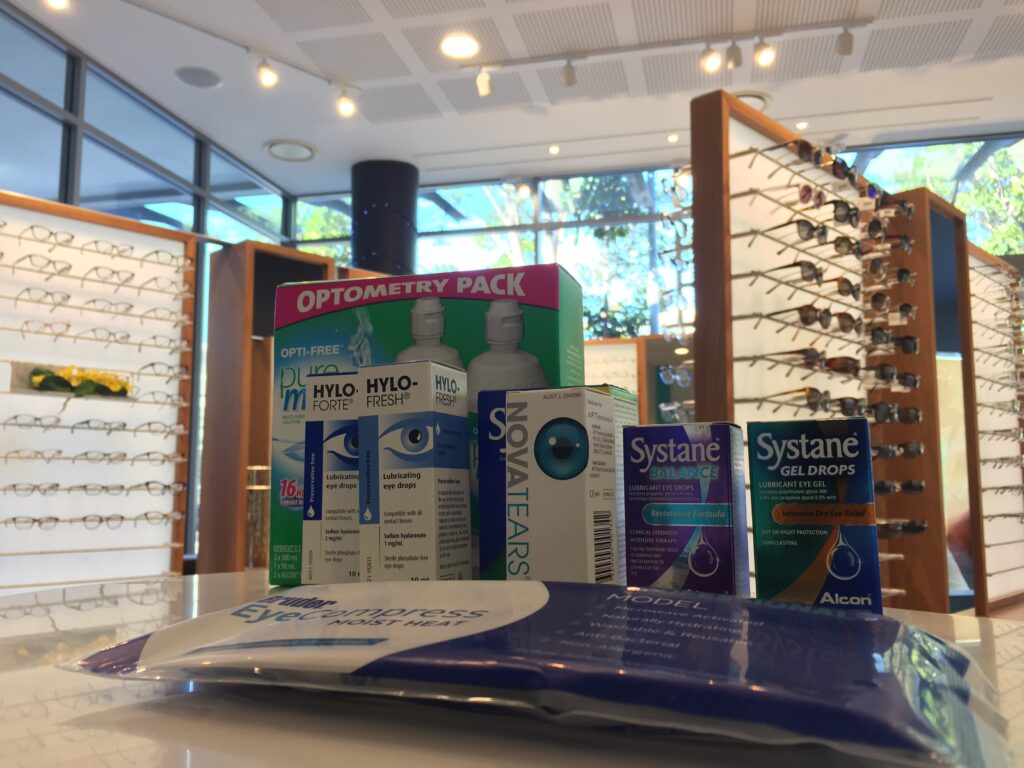
DRY EYES
Dry eye syndrome is a common, chronic medical condition that affects many Australians. It develops when the eye’s tear film no longer lubricates, nourishes and protects the eye’s outer surface adequately.
This can be a result of diminished tear production, increased tear evaporation and/or poor tear film quality/osmolarity.
The symptoms experienced by sufferers differ. They will often be worse at different times of the day, on different days, in different seasons or in different environments.
- Burning and stinging
- Blurry vision
- Gritty eyes
- Redness
- Foreign body sensation
- Excessive watering
WHAT CAN BE DONE TO ALLEVIATE YOUR SYMPTOMS?
The environment that you live and work in can make a big impact on your dry eyes.
- Sunglasses that are wrapped to fit your face can reduce the wind drying our your eyes
- Take regular breaks from your screens and blink more – your blink rate decreases ~66% whilst on a computer!
- Try not to sit below or face air-conditioning or heating units
- Use a humidifier. More moisture in the air actually slows the tears from evaporating from your eyes.
- Avoid dusty environments when possible as this can intensify your symptoms. Consider an air filter.

Lubricants are key to alleviating dryness but certain types of dry eye may benefit on specific drops.
- General lubricants: the majority of dry eye sufferers will use these. Note: preservative free is always the best. Depending on the type of dry eye you have, the optometrist will be able to recommend the lubricant that would work best for you.
- Thicker gel lubricants: for severer types of dry eye. Or for use before bed time to give you more relief when you wake up in the morning.
- Ointment lubricants: to be used at night time before bed. Especially if your dry eye is worse upon waking.
- Manuka Honey lubricants: as well as providing lubrication to the eyes, they also have anti-microbial and healing properties to reduce the bacterial load around the eyes and improve eye health. Note: these are not for the faint hearted – they sting!
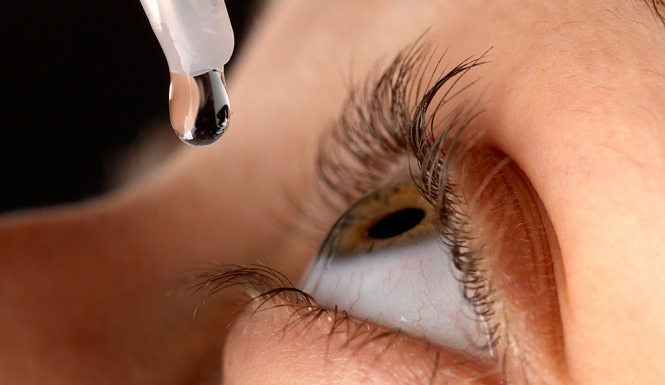
Blepharitis – Anterior and Posterior (MGD) Blepharitis – is the inflammation of the eyelid margins and glands responsible for secreting the oil layer of the tear film, which prevents evaporation and thus dry eyes.
In posterior blepharitis or Meibomian Gland Dysfunction (MGD), the oil becomes slightly thicker than normal, leading to blockage of the narrow ducts that takes the oil from the glands to the tear film. Thickening of the tear secretions can result from toxins produced by the bacteria that are present on everyone’s skin. MGD can also be a result for aging or cicatricial changes or excessive production of secretions. Whatever the cause, the glands become blocked and can become inflamed.
In anterior blepharitis, the causes are similar to MGD in that Staphylococcal overgrowth and/or over production of secretions occur. In this form of blepharitis, debris builds up along the base and shaft of the lash and you can get scaliness, matting and loss of lashes.
Both conditions cause dry eye with symptoms of dry, gritty, burning, itchy and/or red eyes. It is common for both MGD and anterior blepharitis to co-exist.
- Lid scrubs and hygiene: Lid scrubs help reduce the built up debris and bacterial load on the lashes and lids. This is achieved by using a special foam or wipes that you simply brush over the lashes.
- Warm compresses and massage: Using a hot flannel or cotton make-up pad, you gently massage the lid margins in order to melt and push out the blocked oils.
- The Bruder eye mask/Eyebag: Similar to the warm compresses and massages, this is an eye mask that you can heat in the microwave that you rest over your eyes to help with the blocked oil gland
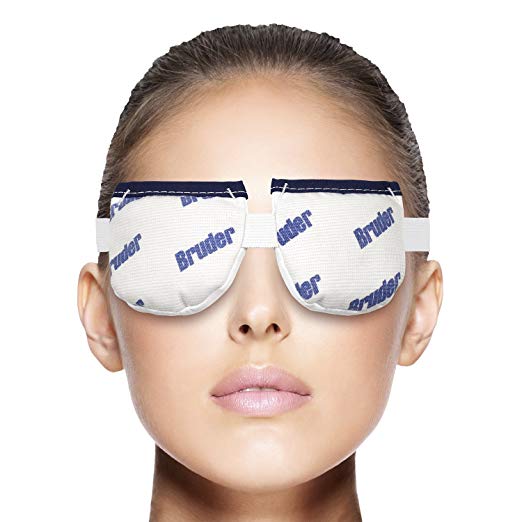
ROW = look at this article à https://www.nih.gov/news-events/news-releases/omega-3s-fish-oil-supplements-no-better-placebo-dry-eye (No signif changes in signs or symptoms over a year in fish oil supplements vs placebo)
- Fish Oil
- Flaxseed Oil
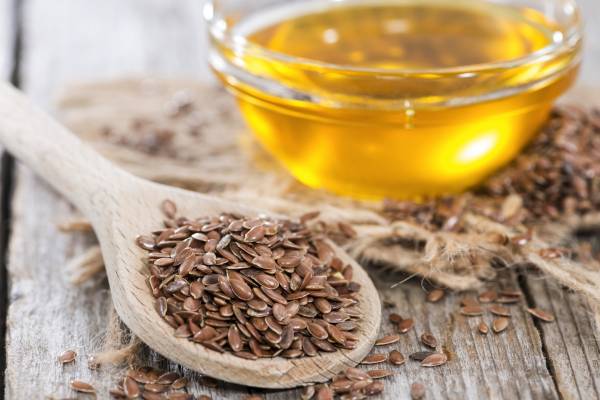
Incorporating more Omega-3 fatty acids into one’s diet has been shown to aid in improving the mechanisms leading to dry eye.

Contact lenses dry your eyes out as there is a barrier over your corneas, which hinders tear flow and nutrients. Try to limit your contact lens wear and use your glasses more. Newer contact lens designs tend to use lens materials that are much better for your eyes. Talk to your optometrist about changing to one of these newer lenses. 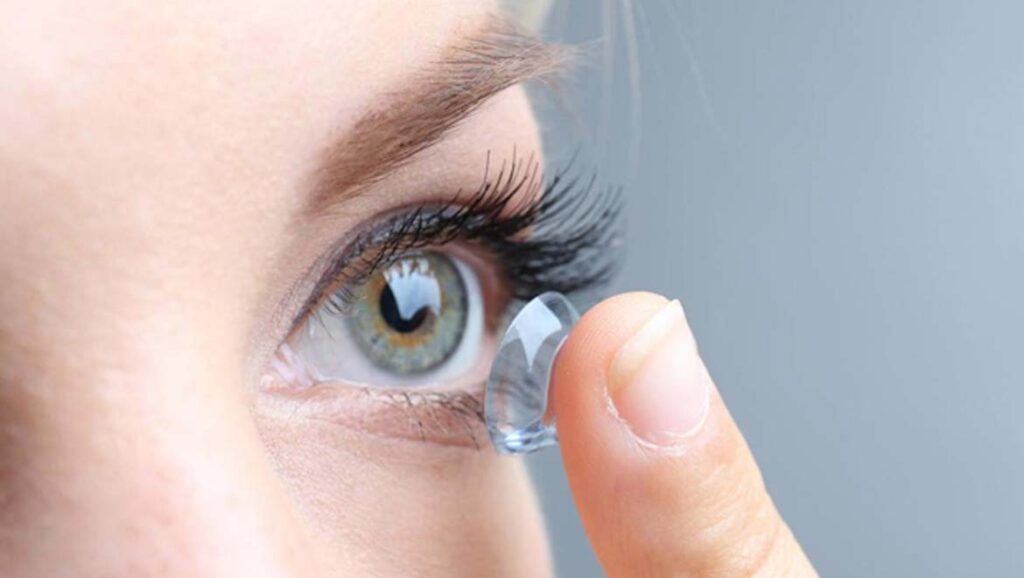
Punctal Plugs
Anti-biotics
Blephedex Tx??
Steroids
Tea tree oil

We have a great range of products in store to help ease your dry eyes. With a diverse range of brands and intensity we can help you find the best solution for you dry eye problems.







